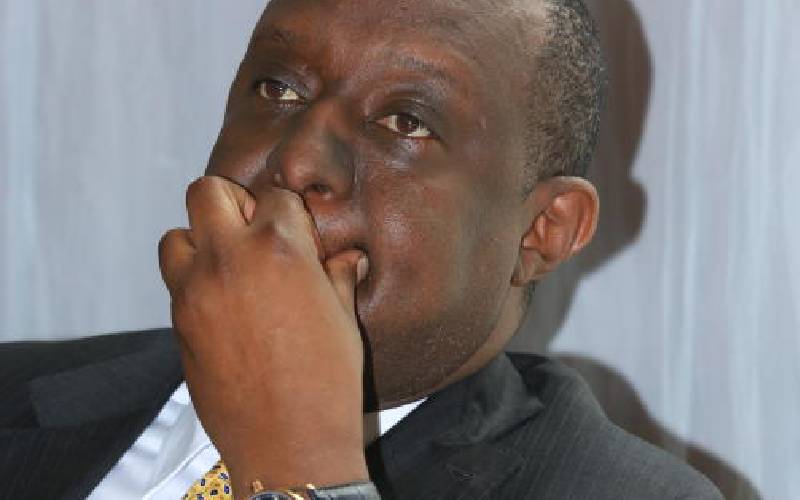×
The Standard e-Paper
Kenya’s Boldest Voice

Treasury CS Henry Rotich at a Milimani court where he was charged with abuse of office and corruption. [George Njunge/Standard]
You don’t hear much of places like Puerto Rico, except when bad things happen there. These may be natural disasters, putsches, or other chaotic stuff.